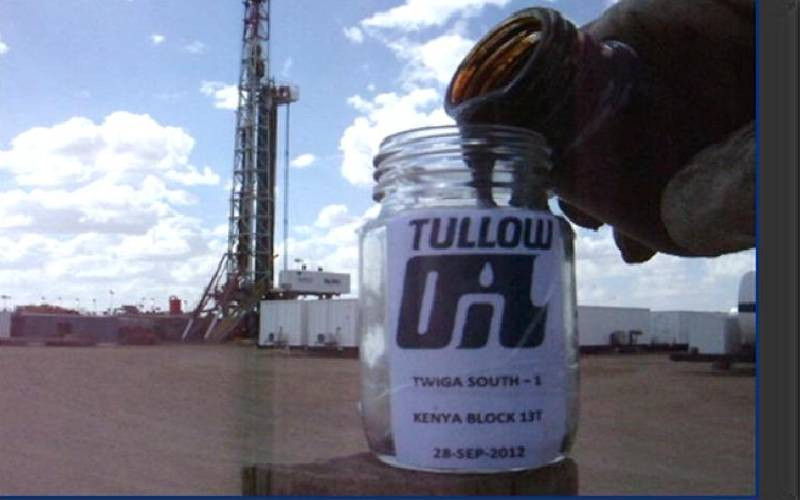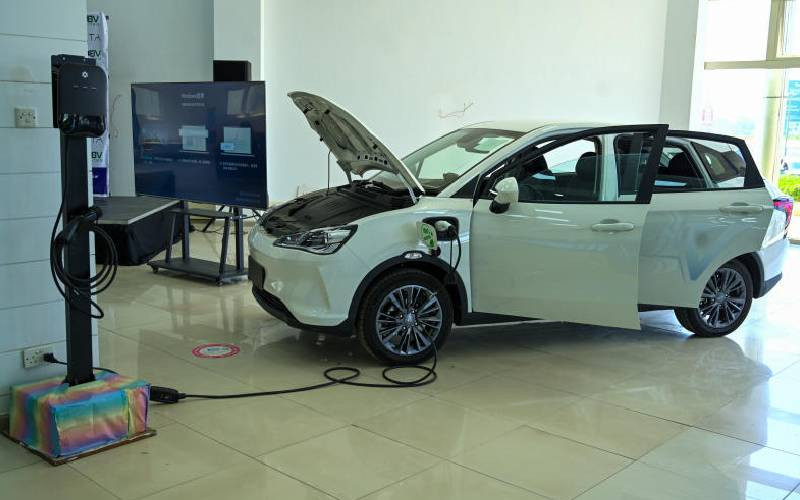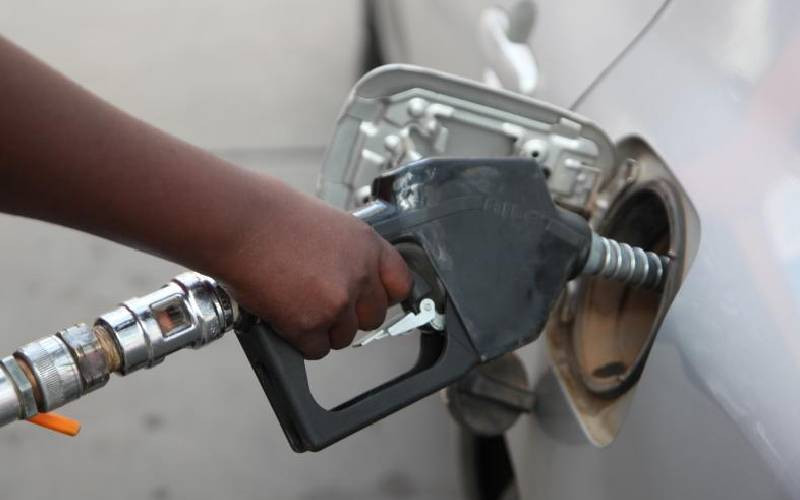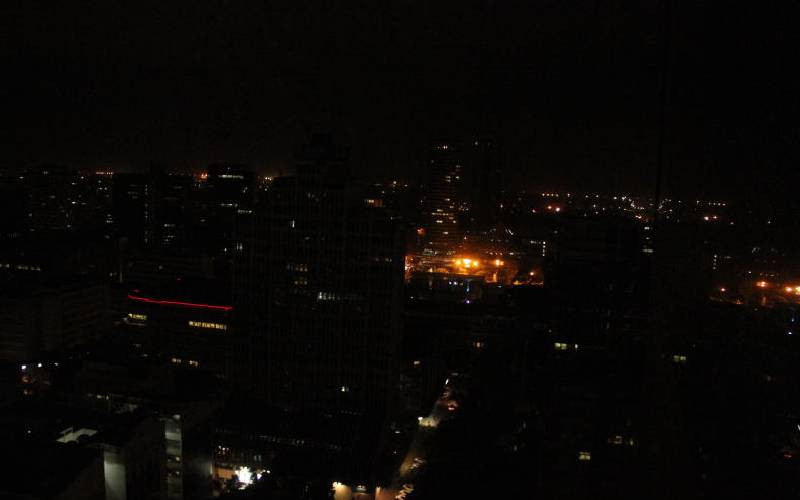×
The Standard e-Paper
Home To Bold Columnists
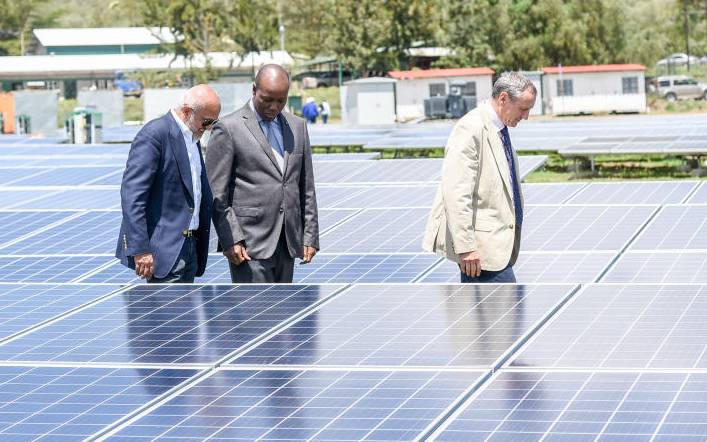
Nakuru Governor Lee Kinyanjui (C) joins investors in touring the new 1mw solar plant in Oserian flower farm in Naivasha. The plant will see the cost of power in the Naivasha-based farm drop by 18 per cent with plans to add another 10mw of solar in the coming months. [Photo: Standard]
Senators have poked holes in the proposed regulations to govern the trade in solar systems in the country.

